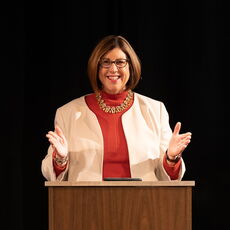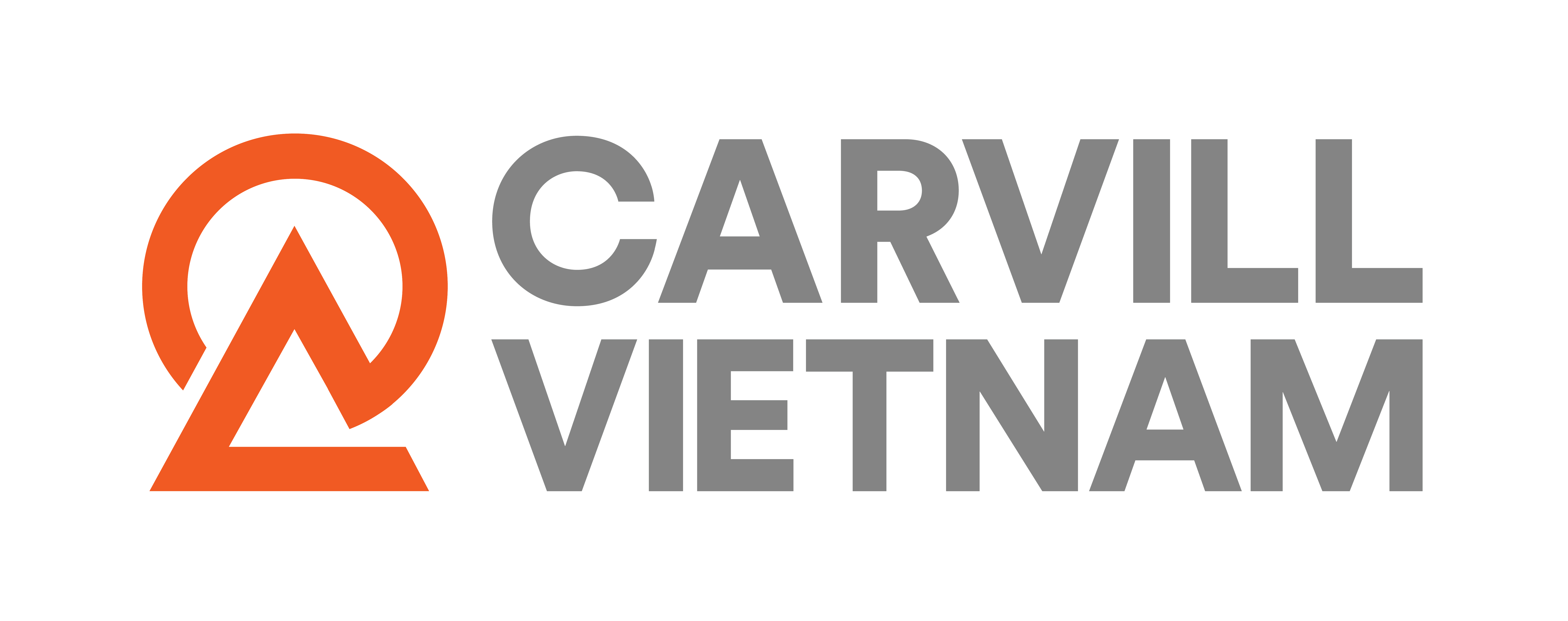How Maine journalists are using social media to build audiences and find sources
Maine's media is watching the many platforms of social media for story ideas like never before and organizations, businesses and government can benefit by utilizing these tools.
A recent panel discussion sponsored by the Maine Public Relations Council confirms that social media is playing a greater role, not only for breaking news, but also for routine and unique stories as well as identifying people who can speak to the media on certain newsworthy topics.

PHOTO / BEN WILLIAMSON
Nancy Marshall is the owner of Marshall Communications in Augusta.
This is a development that has changed the way PR and marketing work since the advent of social media over the last 20 years or so.
It shows that it is essential that the PR and social media functions are tied together in any organization to coordinate on messaging, to make connections, to increase engagement and to monitor comments. It’s also very interesting that the journalists are monitoring individuals’ social media, not just the official organizational posts.
Maine Public’s Susan Sharon said they regularly use social media to find story ideas and sources. They use all social media platforms: Facebook and Twitter primarily, but also Instagram and LinkedIn. They even use Nextdoor to monitor local trends but they’re more reliant on Facebook for sources.
She thinks there is more power to be harnessed from Nextdoor and she plans to tap into it more. In case you missed it, Nextdoor is a hyperlocal social network connecting neighborhoods to share information on everything from a good recipe to a lost cat or a stolen wallet.
I asked if they look at individuals’ or organizations’ posts more often. Sharon said they are definitely tracking individuals' posts more than businesses, but she does not have a preference.
She would follow any business that is actively engaged on social media with good insights, tips, and sources. She likes posts with good analysis, context or a new angle to consider.
Craig Anderson of the Portland Press Herald said that “we rely on social media in a few ways. We monitor it daily for potential stories, and readers often send us tips based on social media posts they've read. We also use it to find people who have an opinion about topics we're reporting on and to get a sense of how the community is reacting to a news event.”
Patrick Whittle at the Associated Press said the wire service uses social media extensively especially for what he calls “source building.”
The platforms they rely on most at the Press Herald are Twitter, Facebook, Reddit, Instagram, Nextdoor, and sometimes YouTube. Anderson himself looks at a wide variety of posts, by both individuals and businesses. He tends to follow people and organizations in Maine that are relevant to our coverage areas and may have knowledge or informed opinions about newsworthy topics.
At the AP, they rely on Facebook, Instagram, Twitter, LinkedIn, TikTok, and Pinterest but especially Facebook and Twitter. Whittle says he looks mostly at individuals’ social media posts more so than organizations’ posts. He also said he chooses to friend or follow people by the quality and reliability of their content. Also, their frequent use of the platform and reach of their followers is helpful.
I had heard that some TV stations reward their reporters for having active social media accounts personally. Sharon said they don’t do that at Maine Public and Anderson said that generally they don't track reporters' use of social media. “While we encourage them to use it, we don't require a set number of posts or interactions. We tend to read social media a lot more than we post on it,” he said.
According to Sharon Deveau-Handy, WMTW-TV has relied on social media, Facebook, Twitter, Instagram, for quite a while now. When Facebook gained in popularity, many local police and fire agencies as well as state and local governments decided to create Facebook pages as a way of getting information out to the public quickly. It didn’t take long for the news media to realize that social media would be another avenue to get information.
She said, “We have used social media for a host of stories over the years from light-hearted feature stories, for example, video of goats wearing sweaters posted on Facebook by a farm in Casco, to learning about breaking news. Just recently we became aware of a police shooting in Topsham when we noticed people posting that the Coastal Connector in Brunswick-Topsham was closed.”
Police, fire and government agencies have also been able to get their stories out by posting on Facebook. No media organization can be everywhere but having police and fire post photos of fires, crashes and animal rescues has allowed us to broaden our coverage.
She added, “Journalism has changed tremendously in the 40-plus years since I started my career as a beat reporter at the Sun Journal newspaper in Lewiston. Back then, news photographers took the photos that we used. Now, anyone, anywhere can play a part in the news all because of cell phones. The world would never have known how George Floyd died had it not been for a 17-year-old girl who decided to videotape his murder with her cell phone.”
How they handle these tips varies. Reporters, producers and videographers are constantly monitoring social media for news and news tips according to Handy. When they see something they believe is newsworthy, they forward the information along to the assignment desk, which can then get more details. Sometimes they will ask permission to use photos posted on Facebook and other times, they make arrangements to send a crew to do a story.
Handy also mentioned that social media also allows our viewers to reach out with tips about events or stories that they want us to cover.
The conclusion? As PR professionals, we need to know that the media is watching our personal and professional social media accounts, for better or worse. If you want to be of service to the media, your social media needs to be:
- Accurate
- Updated
- Professional
It’s best to leave those posts about beer pong and your latest bikini for your closest friends only. Also, the company, organization or agency you work for should post on social as if it’s information being sent in a press release or media advisory to the news media. Journalists are constantly looking for news. With social media content being posted 24/7, it’s become a reliable source of news for the media. Even posting on Next Door can be helpful to the local news media.
Thanks to the Maine Public Relations Council for the panel of journalists entitled “Think Like A Reporter” on Feb. 25, which included Craig Anderson from the Portland Press Herald, Sharon Deveau-Handy from WMTW TV, Patrick Whittle of the Associated Press and Susan Sharon of Maine Public.
As a member of the audience for this extremely helpful panel, what struck me the most was the comments about how these journalists are using social media for story ideas or source materials.



 Print the article
Print the article



